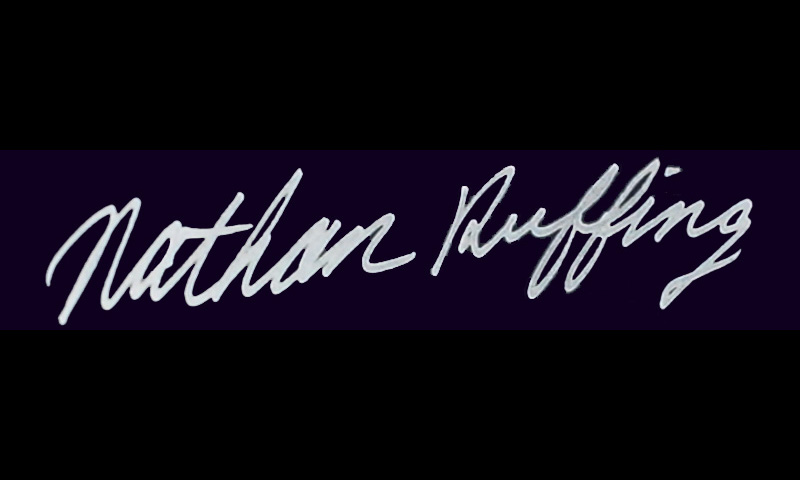Why am I writing this? More importantly, why are you reading? More importantly, how is it that I can publish something that the entire world can read instantly and for free? This is possible because the internet went public 25 years ago on 6 August 1991. Yes, 25 years ago, but it is still a huge deal–huge–and it may be just now ramping up. Is it breaking news? Yes! Every day of our lives.
I took European history as an AP class in high school, and I could hardly have found it more boring. I specifically remember being taught what a huge deal the “Gutenberg Press” was. I happened to believe that the Gutenberg Press was the single most boring invention or event I’d ever heard of. No longer! By a combination of The Great Courses lectures and learning my own family history, I am a history convert and an enthusiastic believer that the Gutenberg Press matters to us because of its analogous relationship to the internet.
History repeats itself, but you have to know which history to look at. We should look at the Gutenberg Press as the most pertinent historical event for us today because the internet is the modern-day acceleration of what the Gutenberg Press started 550 years before it.
The Gutenberg Press was a big deal because it enabled the rapid dissemination of information. It greatly lowered the barrier to producing copies of ideas. Instead of requiring a team of monks to copy books by hand one word at a time, you could stamp out pages by the hundreds. Before the press, copying was extremely slow, after the press, several orders of magnitude faster, but you still needed a printing press and employees, or later an antenna and a license to broadcast by radio or television, or a copy machine and some kind of network to disseminate the paper. From the press and employees to an antenna and broadcast license, these were all things that only organizations and businesses had, so there was still a barrier. However, beginning in August of 1991, that requirement dropped to zero. Literally anybody with internet access–free at your public library–can publish an idea and give instant access to most of the world within seconds and at a ridiculously low cost of less than $70 per year for a website. Twitter, Facebook, and all social media that matters is free. TV networks actually report what social media says, not the other way around.
What does it mean? It means that both the printing press and the internet are a big deal, and a big deal for the same reason. Therefore, some of their effects on society will be analogous. If you want to read history that is pertinent to today, a good target year is somewhere between 1440 and 1648–plus or minus of course.
The internet went public 25 years ago, and 1465 was 25 years after the printing press was invented, so you might say 1465 is the best year to look at, but things happen faster today. I would argue that we’re past 1465. Did the average peasant even know about the press in 1465? Probably not. Maybe they had seen a printed Bible at church by that time or heard some rumors. By contrast, an estimated 40% of the world’s population is already using the internet.
1648 was 208 years after the invention of the press, and by that time, the protestant movement was established, and The Thirty Years’ War had concluded, the largest conflict that can be directly connected to the invention of the printing press. The Thirty Years’ War involved all the major European powers, resulted in the fracture of the Catholic Church, established an entire new category of religion, and an estimated 8 million people died.
Back to what made this interesting to me in the very first place. Let’s have a quick conversation with my great x 9 grandfather, Michael Rouffin, in Bexbach, Germany in 1655 when he was 20 years old (in German of course, and I made some of this up).
“So Nine-Great Grandpa, that’s a nice wooden-covered Bible you have displayed on the table there.”
“Yes. I’m the first in my family to own one. It was given to me by the church as a gift when I came here to Bexbach.”
“Why did you move to Bexbach? Was there a problem in Rouffin where you’re from?”
“No. The problem was here in Bexbach. Most of the men in this town were killed in the war. Bexbach and the surrounding towns were decimated. I was summoned here by the landlord to replace them and farm the land and repopulate the town.”
“What do you think of the war and these new religions that have established themselves?”
“I don’t know. It sure is a crazy world these days though.”
Boy, was he right! Sound familiar? It was a time of extreme knowledge increase, and extreme upheaval.
That’s all I have. I have to read more history…
